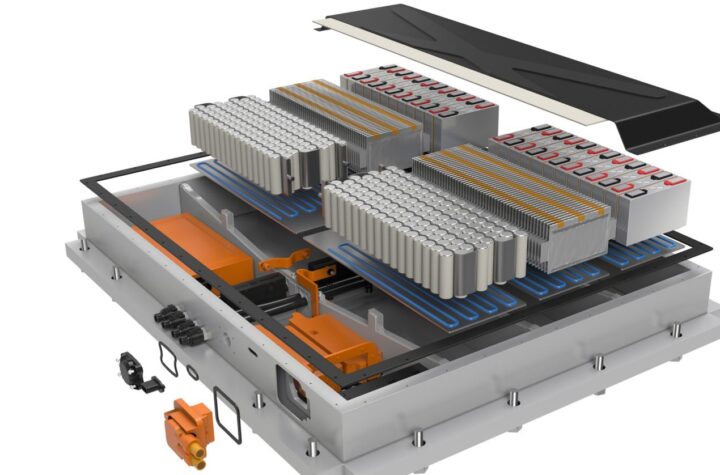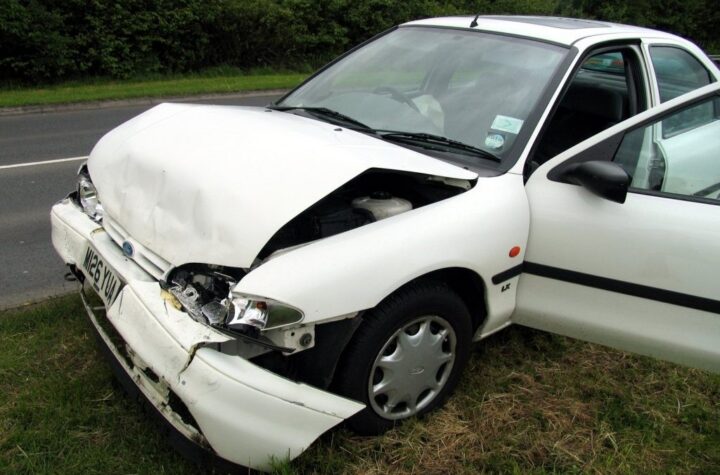
China’s assemblers are likely to make and sell 6.4 million passenger cars, vans, buses and trucks in 2006, spurring the nation to surpass Germany as the world’s third-largest vehicle maker, according to government research.
Vehicle sales in Asia’s second-largest economy may rise by up to 13 per cent this year to 5.6 million units, according to a paper presented yesterday at a National Development and Reform Commission conference in Beijing.
The growth forecast follows a recovery in consumer spending in the world’s most populous nation, with the economy expanding 9.4per cent in the third quarter. General Motors and DaimlerChrysler said they sold more vehicles in China in the first nine months of 2005, even as sales fell in North America and Europe.
“The demand for vehicles will continue as long as the government continues to foster automotive lending and make easy financing available,” Zhu Baoliang, chief economist of the government’s State Information Centre, said yesterday.
Rising income and easier loans by General Motors Acceptance Corp and other lenders spurred more people to buy cars. In the past 12months, Ford, Volkswagen, Toyota and DaimlerChrysler all set up ventures in China to lend money to car buyers, in a country where up to 80per cent of vehicles have been sold by cash.
Sales of passenger cars may rise by about 12 per cent to three million units in 2006 if the government holds back on a plan to impose a fuel tax, according to the paper. Sales of luxury sedans and cars with engines larger than three-litre capacity may drop if the tax is added.
“Demand will probably lean toward cars with smaller engines, since the government’s policy is to impose rules to make it easier and cheaper to own low-emission and small vehicles,” said Mr Zhu .
GM sold 472,468 China-made and imported vehicles in the first nine months of 2005, almost 28per cent more than last year. DaimlerChrysler said it sold more trucks, Jeep sports-utility vehicles and 22per cent more Mercedes-Benz luxury cars in China in the same period.
“The underlying sales growth in the vehicle industry is still strong after months of pent-up demand,” said Ma Liqiang, the deputy secretary general of the National Development and Reform Commission. “Rising gasoline prices merely push buyers to choose smaller cars and won’t hurt overall sales.”
The nation’s 10 largest assemblers, including Shanghai Automotive Industry and FAW Group, had accounted for 84 per cent of sales in the first 10 months of the year, state-run Xinhua News Agency said. Industry profit fell 6per cent to a combined 72 billion yuan in 2004.
Chinese households and companies owned 26.94 million cars last year, excluding those owned by the military, of which 14.82 million were registered under personal use, the paper said.
More people are commuting by cars, with the national daily average rising to 23.3 per cent at the end of 2004 from 6 per cent in 1984.
The percentage of daily commuters who rely on public transport dropped to 26.5 per cent from 35 per cent in the same 20-year period, the research shows.












More Stories
Your Guide to Filing a Car Accident Claim
Steps to Take Immediately After a Car Accident
What Makes SUV Cars More Prone to Accidents?